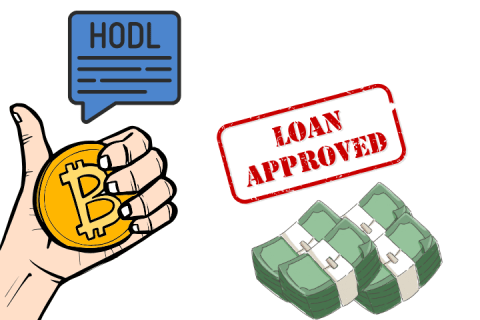SPACs: End of the Beginning or Beginning of the End?
SPACS started 2021 red hot with more than $100B in deals

_“They count me out time and again… but I come back stronger than a 90s trend.” _ - Taylor Swift
Taylor Swift wasn’t talking about special-purpose acquisition companies or SPACs when she she referenced the re-emergence of a ‘90s trend, but she may have well been.
What was once a much-maligned vehicle of the 1990s, the so called “blank check company” with no operations, re-emerged in 2020 and has picked up more momentum in 2021.
SPACs’ appeal is partly due to how they take companies public. SPACs are sparse shell companies that can quickly raise money, go public and acquire a promising private company, typically inside of two years. The acquired business then merges with the SPAC and has a public listing without the onerous and highly scrutinized regulation of a traditional IPO.
SPACs have been busy in the cannabis, green technology, and sports-betting arenas among others, scooping up corporations like DraftKings and Nikola.
SPACs Started 2021 Red Hot
SPACs had raised well in excess of $100 billion in early 2021, far surpassing last year’s $83.4 billion, which included 248 SPACs that went public. That number eclipsed the entire 30-plus year history SPACs.
More than 300 SPAC deals had already been completed in early 2021 and then Grab Holdings, Inc., the Asian firm that included food delivery and ride share services, said it would go public via a SPAC deal with a valuation around $40B.
That watermark event signaled that SPACs had hit a fever pitch in terms of size and volume, with five new SPACs entering the market every business day at one point.
However, two events started to cool the space: growth and accounting.
SPAC Startups Growing Slower than IPO Co.s
Research indicated that SPAC companies may not be growing as fast as some IPO companies, particularly those in tech. The Wall Street Journal said that “SPACs are among the market’s worst performers lately.”
Almost one-third of startups bought by SPACs in 2021 anticipate slower revenue growth of less than 15% in 2021, according to 451Research. This would indicate underperforming those tech companies that went the traditional IPO route this year, including firms like Coursera, SEMRush and Coinbase.
Regulatory Scrutiny and Restated Earnings
Most chilling of all was the SEC’s questioning of revenue projections made by startups that are merging with SPACs. The SEC also warned that it could require some SPACs to restate their financial results.
Not only did this stop cold the issue of new offerings, existing SPACs such as Northern Genesis Acquisition Corp., which planned to take a Canadian electric bus maker public, announced that it would have to redo its last annual financial statement to comply with the SECs warnings.
“Restating earnings is no small thing,” said Mike Casey, a CFO and founder of BankerAdvisor. “You’re looking at a delay of several months or longer and costs that run into the hundreds of thousands of dollars. It’s one of the worst things in terms of valuation, reputation and lost momentum that can happen to any company, particularly one already under a microscope. News of developments like this can really spook investors and adversely affect valuations.”
Surge in Funds Leading to Increased Risk Taking
Armed with the proceeds of the surge in proceeds from SPAC offerings, some SPAC companies are targeting investments in distressed companies with below investment grade credit ratings in need of cash to reduce outstanding debt and fund the expansion their business.
These types of SPAC mergers can end well for holders of the distressed debt of the target companies which can benefit from the merger with a SPAC. However, the more recent trend of SPAC entities investing in distressed companies appears to be showing signs of increased risk-taking remnant of the late 90s.
What does this mean the future of SPACs?
“Whether its cryptocurrencies or SPACs or defi, any hot arena that’s moving quickly will ultimately face increased scrutiny, heightened risk and some kind of reckoning,” Casey added. “There’s a natural filtering process that hopefully removes bad actors and creates new learning and better behavior.”
“Some of the accounting applications will be painful for sure, but it may ultimately create a better SPAC marketplace,” Casey said.



